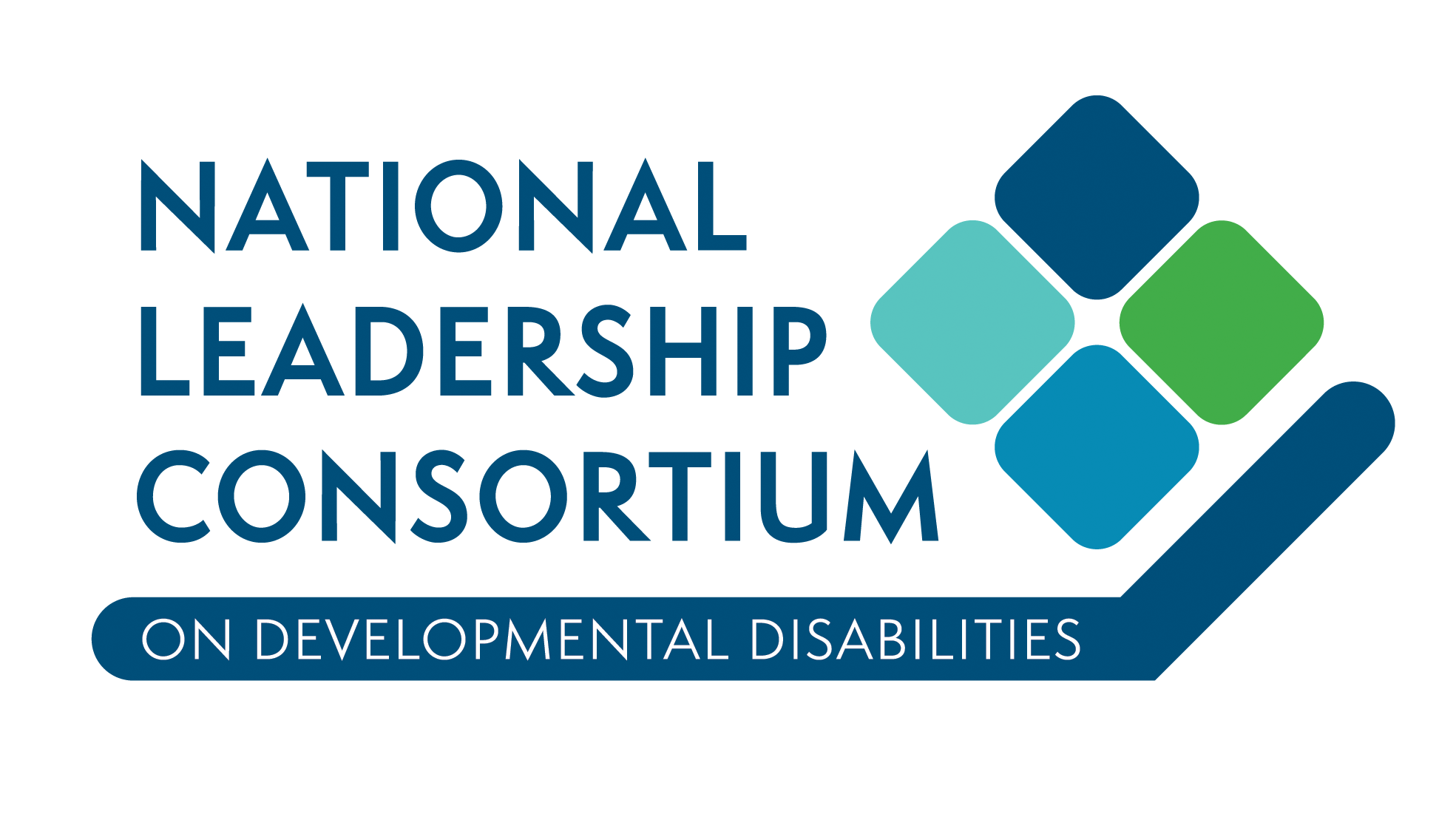A Changing Understanding of Effective Leadership

A study by the Center for Creative Leadership found that eight out of ten managers think that the definition of effective leadership has changed in the past five years. The study noted that “The challenges leaders are facing create a demand for interdependent, boundary-spanning work.” It is no longer enough for leaders to have a strong knowledge base in a narrow area of content, quality leaders need to have the ability to adapt to a changing environment. As an example, in 2002 the skills felt to be most important for managers to have were ‘leading employees’, ‘resourcefulness’, and ‘straight forwardness and composure’. When the same list of skills was ranked in 2006, only ‘leading employees’ remained among the top three needed skills. Additional skills deemed critical for future leaders in 2006 were ‘building and mending relationships’ and ‘change management‘.
The new skills place greater emphasis on relationship building and participatory management rather than on decisiveness and the ability to make independent decisions – hallmarks of the skill set identified in the past. New leaders will need to be flexible, collaborative and creative.
It is clear that the approach to supports for people with disabilities is experiencing significant and continuing shifts as well. Quality providers understand the need to offer flexible and individualized supports, to assist people to determine and achieve their own goals, to support people to build and maintain relationships, to encourage staff to assume partnership roles with the people they support, to value and include people’s family members and friends, and to continue movement toward progressively more individualized, responsive supports.
Both the measures of quality leaders and the measures of quality supports are shifting dramatically. The National Leadership Consortium on Developmental Disabilities offers a resource to assist organizations to identify emerging leaders and to support them to have meaningful, positive impact on the lives of people with intellectual/developmental disabilities and their families.
1Center for Creative Leadership (January 2006). Complex challenges and the new leadership: The changing nature of leadership. In Leading Effectively e-Newsletter, www.ccl.org/leadership/enewsletter

